Blog

Why Meditation Is a Critical Part of Recovery — Especially in Polysubstance Addiction
Recovery from addiction is not just about stopping the substances. It’s about healing the mind, calming the nervous system, and rebuilding the internal stability that addiction slowly erodes. When someone has struggled with polysubstance use, the nervous system has often been pushed to its limits—stimulated, numbed, sedated, and overwhelmed in cycles that leave the brain in a constant state of dysregulation.

Trauma: The Hidden Engine of Addiction
Addiction rarely begins with a substance. It begins with a story.
A story of pain, overwhelm, fear, or emotional disconnection that the nervous system never had the chance to process. When I sit with clients struggling with addiction—whether to substances, gambling, pornography, food, or compulsive behaviours—the common thread is almost always trauma. Sometimes it’s obvious and dramatic. Other times it’s subtle, chronic, and invisible. But it’s there, shaping the brain, the body, and the choices that follow.

Switching Your Drug of Choice: An Addiction Specialist’s Perspective
One of the most misunderstood aspects of addiction is the phenomenon of switching your drug of choice. Many people in recovery believe that if they stop using one substance—say alcohol—and replace it with another—like cannabis, stimulants, or even compulsive behaviors such as gambling or sex—they’re still making progress. In reality, this is often just addiction in disguise.

The Highs and Lows of Early Sobriety: Managing Stress and Over-Excitement
Early sobriety is a fragile, powerful time. For many, it feels like waking up after years of emotional numbness. Suddenly, everything is louder—joy, fear, hope, anxiety. But here’s the paradox: both stress and over-excitement can be dangerous in early recovery. As an addiction specialist, I’ve seen how these emotional extremes can trigger relapse if not understood and managed.
Let’s explore why this happens—and how to stay grounded while rebuilding your life.

Early Sobriety and Social Triggers: Why Sporting Events and Parties Can Be Dangerous—and How to Stay Safe
Early recovery is a fragile, powerful time. You’ve made the courageous decision to step away from alcohol or drugs, and you’re beginning to rebuild your life. But then comes the invitation: a birthday party, a wedding, a sporting event. It sounds harmless—fun, even. But for someone with Alcohol Use Disorder (AUD) or Substance Use Disorder (SUD), these environments can be emotional minefields.
As an addiction specialist, I’ve seen countless people relapse not because they didn’t care about their recovery—but because they underestimated the power of triggers in social settings. Let’s talk about why these situations are risky, and more importantly, how to protect your sobriety when the pressure hits.

Never Give Up: Why Healing Is Still Possible After Relapse
Relapse. It’s a word that carries weight, shame, and often a sense of defeat. But here’s the truth that doesn’t get said enough: relapse is not the end of your recovery—it’s part of the journey. And if you’ve found yourself back in the cycle, again and again, I want you to know this: you are not broken, and you are not alone.
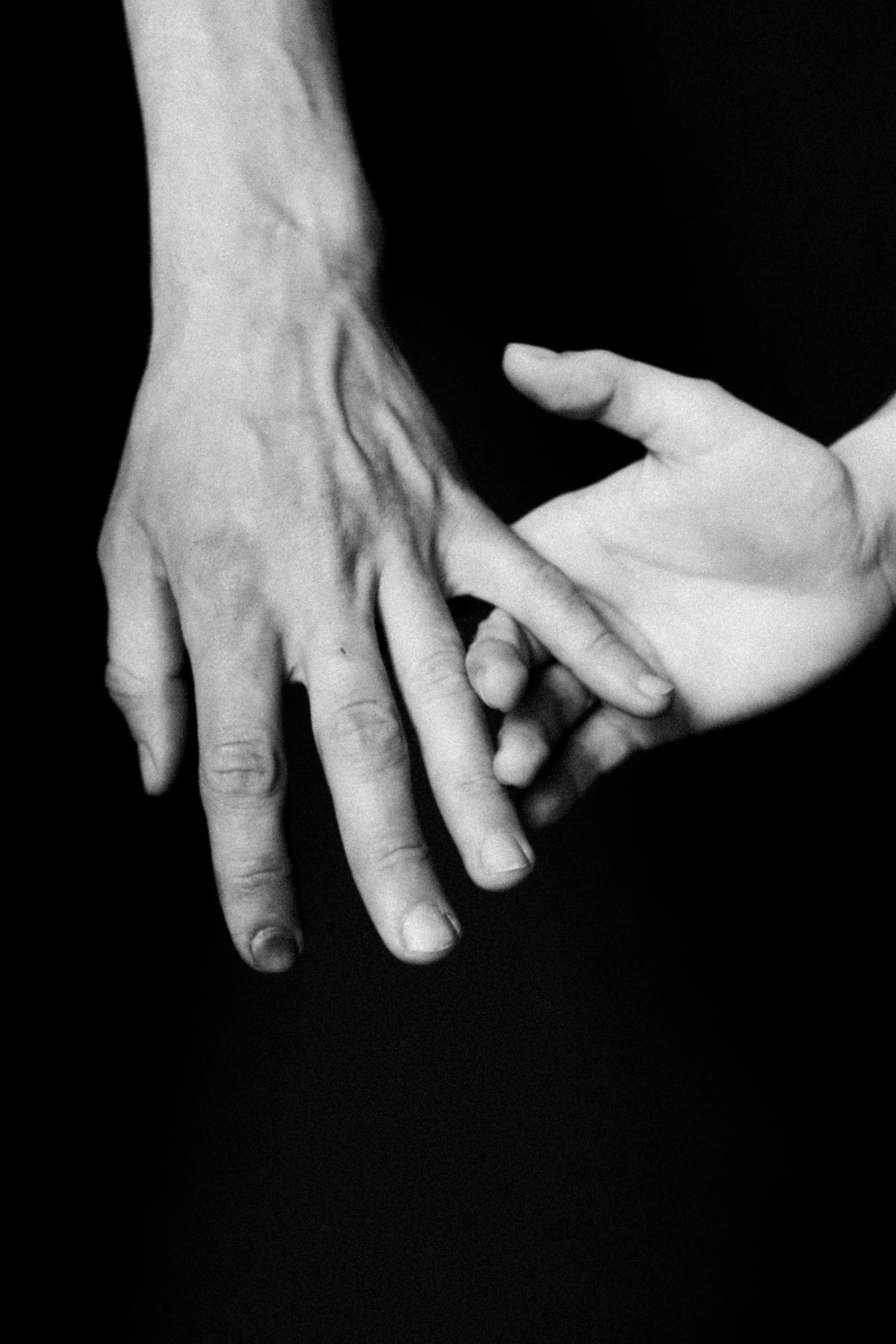
When Someone You Love Is Struggling with Addiction: Where You Can Find Help Too
Addiction doesn’t just affect the person using—it ripples outward, touching everyone close to them. If you’re the parent, partner, sibling, or friend of someone battling addiction, you know the pain intimately. The sleepless nights. The fear. The anger. The helplessness. You may feel like you’re drowning in someone else’s chaos, unsure where to turn or how to help.
Let me say this clearly: you deserve support too. Your healing matters. And there are resources, communities, and professionals ready to walk beside you.
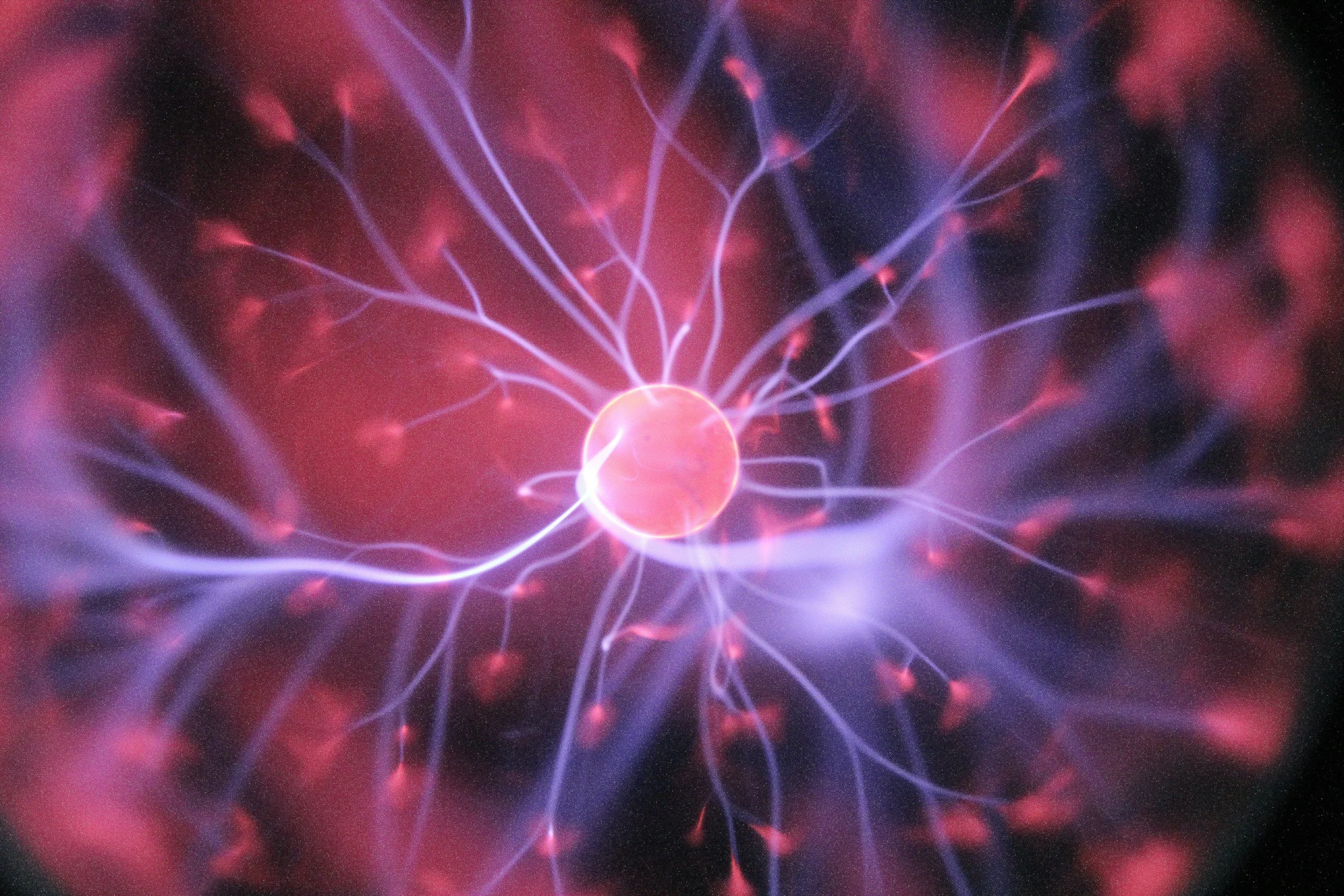
Cocaine Abuse: How It Hijacks the Brain—and How You Can Reclaim Your Life
Cocaine is seductive. It promises energy, confidence, and euphoria—but what it delivers over time is devastation. As an addiction specialist, I’ve seen how cocaine abuse rewires the brain, erodes emotional stability, and traps people in a cycle of craving and regret. But I’ve also seen something else: recovery. Real, lasting, life-changing recovery.
If you or someone you love is struggling with cocaine addiction, know this—healing is possible. The brain can recover. The spirit can reignite. And life can flourish again.

Resentment, Fear, and Relationships: The Emotional Fuel Behind Addiction—and the Path to Healing
Addiction doesn’t exist in a vacuum. It’s not just about the substance or behavior—it’s about the emotional undercurrents that drive it. In my years working with individuals in recovery, three forces show up again and again as powerful contributors to active addiction: resentment, fear, and fractured relationships.
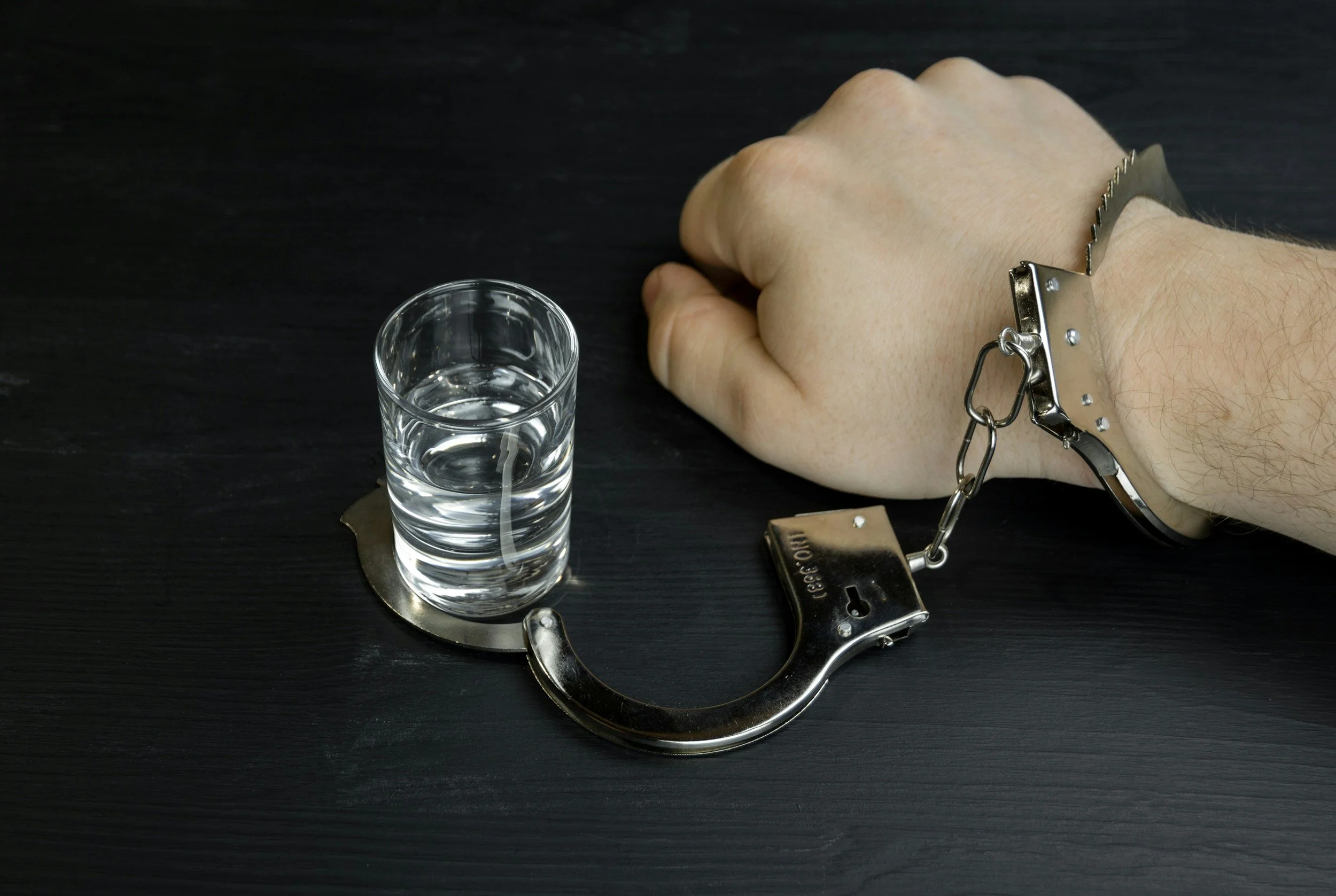
When Is the Right Time to Go to Detox?
If you’re reading this, chances are you—or someone you love—has tried to quit using substances more than once. Maybe you’ve promised yourself it was the last time. Maybe you’ve flushed pills, poured out bottles, or deleted dealer contacts. And maybe, despite your best intentions, you’ve found yourself right back where you started.
Let me say this clearly: you are not weak. You are not broken. You are human.
But if the cycle keeps repeating, it may be time to stop trying to do this alone—and start considering detox.

Ketamine Addiction: Reclaiming the Mind, Body, and Spirit
Ketamine was once known primarily as an anesthetic. Today, it’s a drug with a dual identity—used therapeutically in clinical settings for treatment-resistant depression, but also misused recreationally for its dissociative and hallucinogenic effects. When ketamine use becomes chronic and compulsive, it can devastate every dimension of a person’s life: mind, body, and spirit.
As an addiction specialist, I’ve seen firsthand how ketamine addiction can quietly unravel someone’s sense of self. But I’ve also seen people rebuild—stronger, wiser, and more connected than ever before.

Family Guide to Ketamine Addiction: Understanding, Supporting, and Healing
Ketamine addiction is a growing concern, especially among young adults and those seeking escape from emotional pain. While ketamine has legitimate medical uses, chronic misuse can lead to serious physical, psychological, and spiritual damage. Families play a vital role in recognizing the signs, initiating help, and supporting recovery.

Chronic Marijuana Use & Binge Drinking: A Dangerous Duo
As an addiction specialist, I’ve worked with countless individuals who believed marijuana was harmless—“just a plant,” “not addictive,” or “better than alcohol.” While it’s true that marijuana doesn’t carry the same overdose risk as opioids or alcohol, chronic daily use can quietly erode physical, mental, and emotional health. And when binge drinking enters the picture, the consequences can compound in ways that are often underestimated.

Slip, Not Spiral: Reclaiming Recovery After Cocaine Use
You were doing well. You had days, maybe weeks or months of sobriety behind you. Then—out of nowhere or maybe after a slow build—you used cocaine again. That moment can feel like a punch to the gut. But here’s the truth: a slip doesn’t erase your progress, and it doesn’t define your future. What matters most is what you do next.
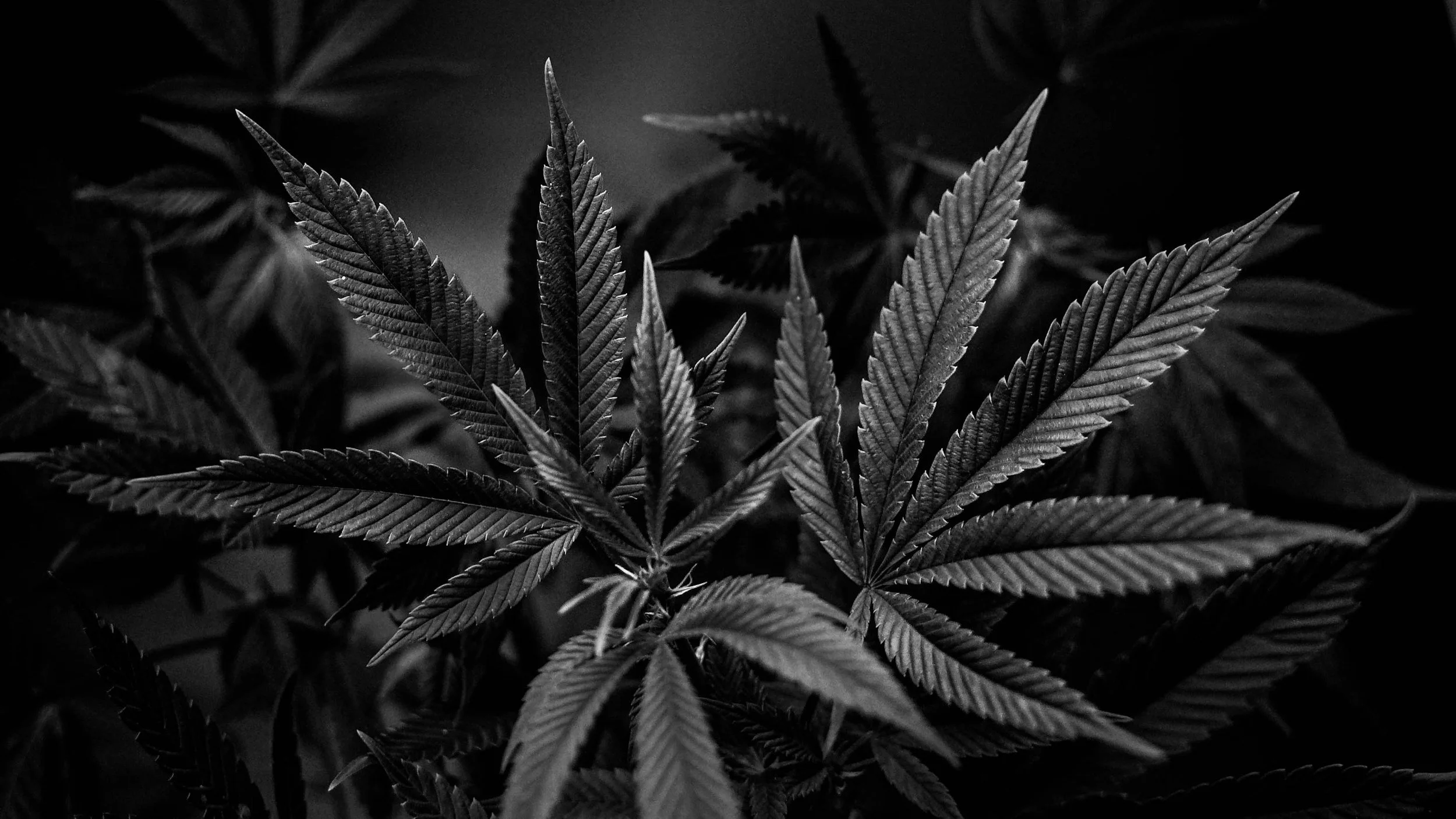
The Marijuana Misconception: Yes, It Can Be Addictive
When people think of addiction, they often picture alcohol, opioids, or stimulants. Marijuana rarely tops that list—and that’s exactly the problem.
For years, cultural narratives have painted cannabis as “safe,” “natural,” or “non-habit forming.” But as someone who’s worked closely with individuals whose lives were upended by marijuana dependence, I can confidently say: this belief needs a serious reality check.
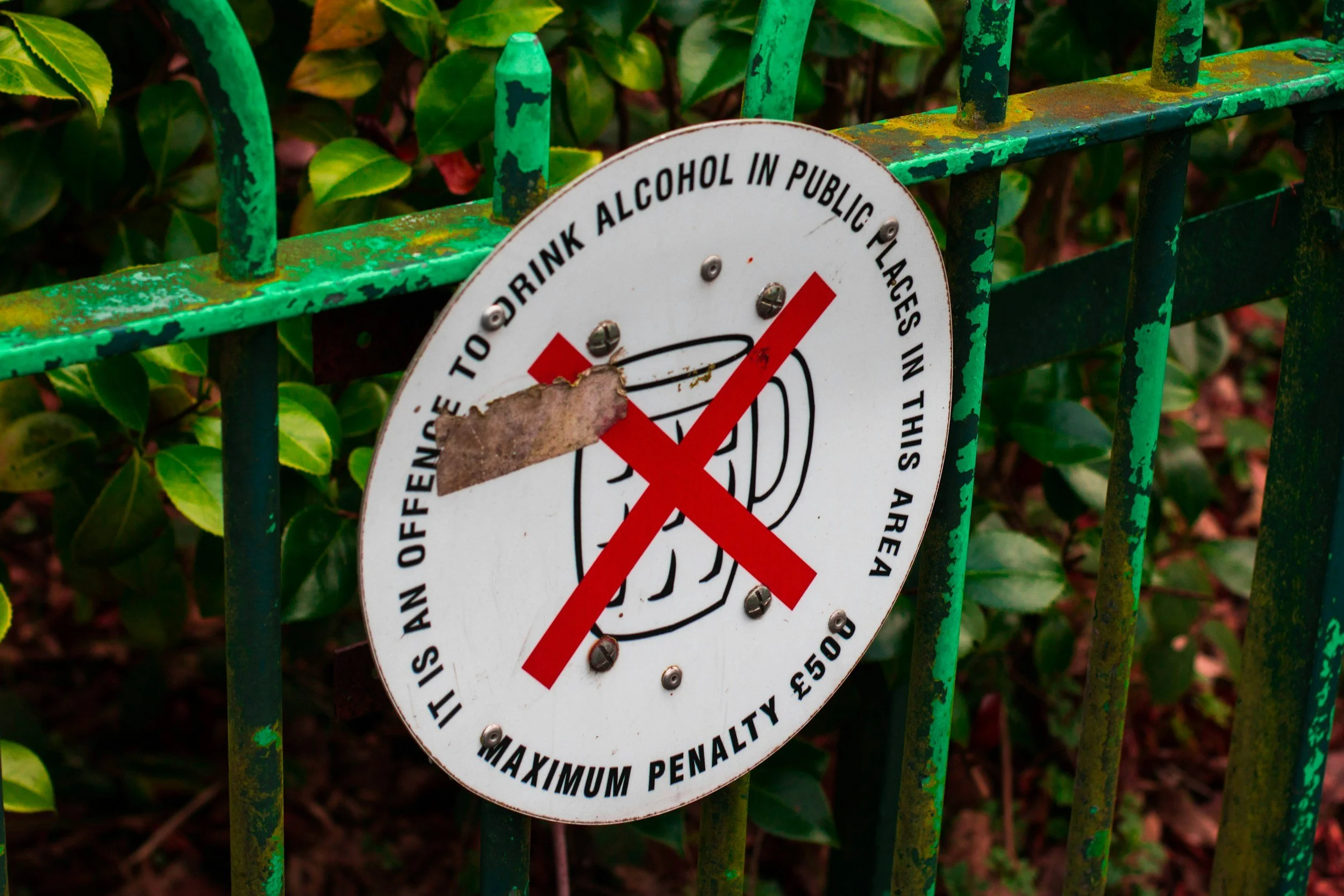
Why Abstinence Is the Only Cure for Chronic Addiction—And Why Addicts Struggle to See It
Addiction doesn’t whisper—it deceives. It clouds judgment, numbs emotions, and convinces the afflicted that they’re in control when control is long gone. For those suffering from chronic addiction—whether to substances or behaviours—abstinence isn’t just a lifestyle choice. It’s a life-saving imperative.

Cocaine Addiction: The Breakdown of Mind, Body, and Spirit—and the Path to Healing
Cocaine is often glamorized for its quick rush of energy and euphoria, but behind its seductive facade lies an addiction that devastates lives—mentally, physically, and spiritually. As an addiction specialist, I’ve seen how this powerful stimulant not only rewires the brain but also dismantles a person’s sense of purpose, connection, and overall health. Understanding its impact is the first step toward reclaiming your life.

The Power of Counselling in Recovery: A Key to Lasting Change
Recovery from addiction is a journey that requires determination, self-awareness, and a willingness to embrace change. While there are many tools available to support individuals on this path, counseling stands as one of the most effective and transformative methods for achieving long-term sobriety. As an addiction specialist, I’ve witnessed the profound impact that therapy can have on those seeking freedom from addiction. However, recovery is not a passive process—it demands a deep, unwavering commitment.

The Manipulation of Loved Ones in Addiction: Why Consequences Matter for Change
Addiction is a powerful force that affects not only the individual but also those around them. Whether it’s alcohol, substance abuse, or behavioral addiction, manipulation often plays a key role in maintaining destructive habits. This manipulation isn’t necessarily intentional—rather, it stems from the brain’s altered chemistry and the desperation to keep feeding the addiction. As an addiction specialist, I’ve seen countless cases where loved ones are drawn into this cycle, unwittingly enabling destructive behaviors. Recognizing manipulation and enforcing consequences can be the turning point for change.

Counselling and Accountability in Early Sobriety: Keys to Lasting Recovery
Early sobriety—whether from substance addiction or behavioral compulsions—is one of the most challenging phases of recovery. Without the crutch of the addictive behavior, individuals face emotions they’ve suppressed, life changes they hadn’t anticipated, and the ever-present risk of relapse. This is why counselling and accountability play a crucial role in stabilizing and strengthening recovery. As an addiction specialist, I want to highlight the importance of professional guidance and structured support in these critical first steps.
